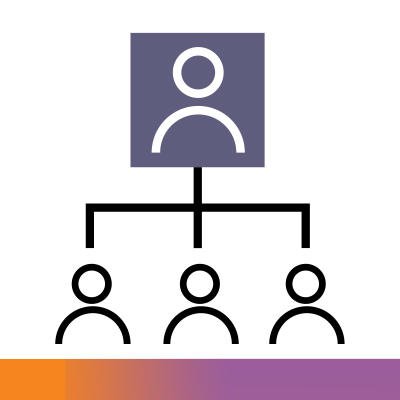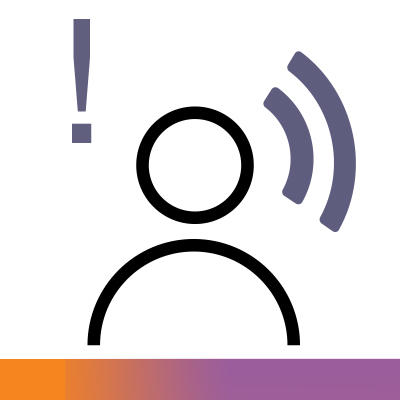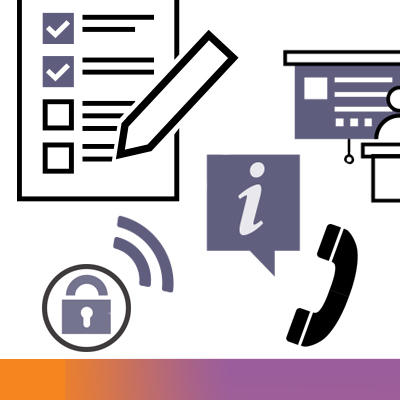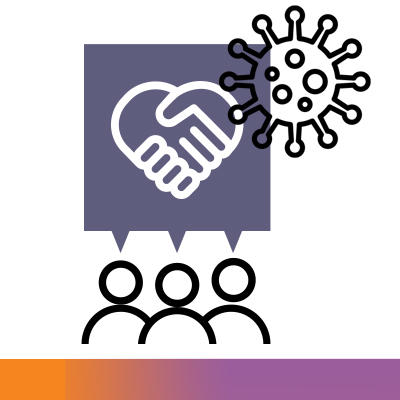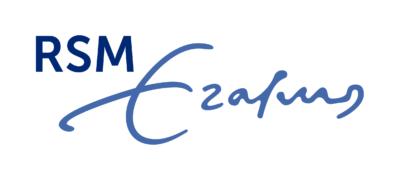Netherlands
Ethics at Work Index: 80.6
This year, the IBE surveyed Dutch employees for the first time and the results show some positive indicators of an ethical culture at work. For instance, a very low percentage of employees report feeling pressured to compromise their organisation’s standards of behaviour and they are less likely than average to think that their line manager rewards good results even when they are achieved through practices that are ethically questionable. In terms of the ethics programme, a notable proportion of employees are aware of written standards of ethical behaviour, such as a code of ethics, or a means of reporting misconduct confidentially in their organisation.
However, ethics training seems to be relatively rare, especially if compared with some other countries. Perhaps more investments in dedicated ethics training might help improve employees’ views on some indicators about the ability of their manager to demonstrate their commitment to ethics, which are currently relatively low compared to some other countries. Dutch employees are also among the least likely to agree that their organisation disciplines those who breach its ethical standards, which might indicate another area of focus for Dutch organisations going forward.

